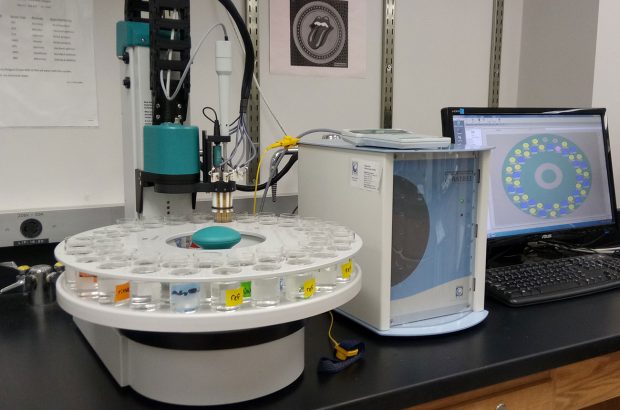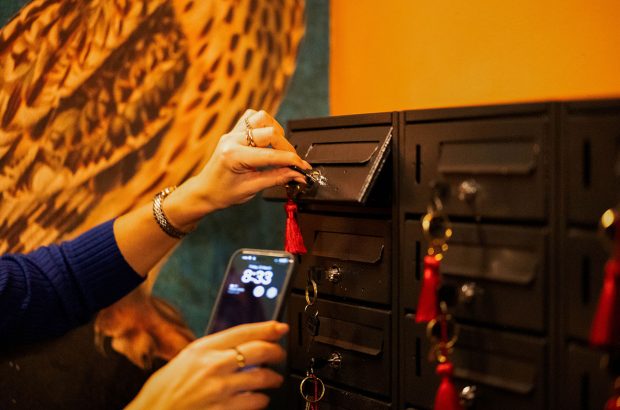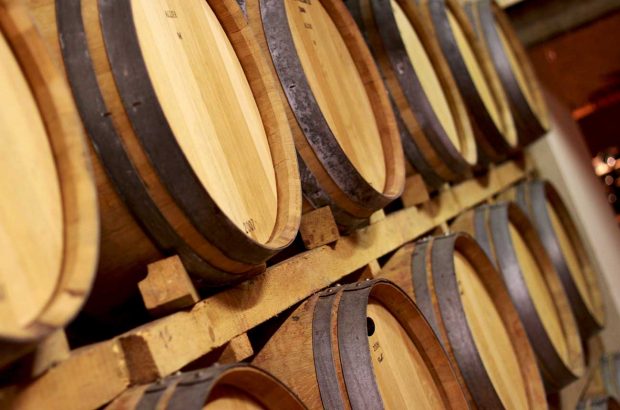Educating Asia
It’s not only wine producers who will focus their efforts on Asia in the coming decade, but wine educators, too. A recent visit to China and Japan underlined more than ever that wine markets cannot be built without educating both trade and consumers.
With me, as co-judges at the 13th annual Japan Wine Challenge and the inaugural China Wine Challenge, were David Wrigley MW, international development director of the Wine & Spirit Education Trust (WSET) and Lynne Sherriff MW, the newly incumbent chairman of the Institute of Masters of Wine. Both are concentrating on Asia, recognising the huge need for informed people in the trade if the market is to continue to grow in a cohesive manner. The fine wine side can look after itself, as luxury brands are part of life for wealthy Asians, but the wine market in general needs education to flourish. It is no surprise that the early importers – ASC (led by Don St Pierre Sr & Jr) in China and Sanjay Menon in India – who have been key to these emerging markets are both affiliated to the WSET programme.
The WSET was founded in 1969, but until the early 1990s, its courses were only available to the wine trade, and only in English. Today, the courses are translated into 16 languages. The number of global candidates sitting a WSET exam at any level has risen from 10,068 in 2002–3 to 28,193 in 2009–10, during which time the total number of non-UK candidates has risen from 37.5% to almost 65%. During this period, Asian candidates have risen from 282 to 5,550, representing more than 30% of the international total; next year they will break through 20% of the entire WSET programme. Hong Kong, Japan and South Korea are the strongest of the 13 countries where the WSET has its own educators in place and the organisation is seeing a strong growth in interest from potential providers in India and mainland China.
Two such educators in China are Fongyee Walker and her partner Edward Ragg, who translated Decanter’s overview of the 2009 Bordeaux vintage, and who teach mainly in Chinese. Walker stresses the need for Chinese-speaking independent educators, for recognised qualifications (preferably developed by the government) and for more educational tastings that are aimed at and understand a Chinese audience rather than a Western one. Ragg has been surprised that his students are good tasters and are quite adept at picking up the ‘international’ way of describing wines, adding that ‘compared to teaching blind tasting at Cambridge, teaching young, open-minded Chinese is less of a struggle’.
Many years ago I predicted that the first Asian MW would be a Japanese female, but Jeannie Cho Lee, a South Korean based in Hong Kong, proved me wrong in 2008. However, there are now five Japanese advancing through the MW programme, four of whom are past winners of the Madame Bollinger (the Institute’s first international supporter) Foundation award, which goes to the best local taster at the Japan Wine Challenge. Although not Japanese, New Zealander Ned Goodwin, wine director for Global Dining, with more than 50 restaurants across Tokyo, gained his MW this year and believes training in wine to be of great importance, especially in a country where ‘face’ is a stumbling block, with customers not wishing to ask questions and staff too afraid to suggest wines. Too many restaurant managers, he says, just want wines that sell themselves. While the 6,000-strong Japan Sommelier Association has done some good, he adds, it also suffocates the prospects for wine in many ways, for members are generally versed in little outside the major French regions and are more interested in the authoritative sommelier title than gaining a real interest in wine. The health of the wine industry in Japan – parlous for a decade – depends on people being prepared to think outside the box.
One organisation that has proved this with great success is the Academie du Vin, which I helped to found in 1987 as a Tokyo branch of my Paris wine school. With 3,500 students a year in Tokyo, 650 in Osaka, 70 in Nagoya and a branch to open in Seoul next January, they have 66 lecturers teaching a total of 67 courses. 65% of these courses are attended by women (mainly in their early 30s), with the remaining 35% attended by men (mainly in their late 30s), with almost three-quarters being from outside the wine trade. It is also one of the main providers for the WSET.
Over in India, the Wine Society of India (of which I am chairman) has held two sold-out sessions of an ongoing Wine and Your Lifestyle Educational Series, in a small effort to extend the wine culture there. Lynne Sherriff MW, who says that under her chairmanship, the Institute of Masters of Wine will place educating Asia as a top priority, will pay a first visit to India later this year. Emerging markets are starting to get the education they deserve.
Written by Steven Spurrier





